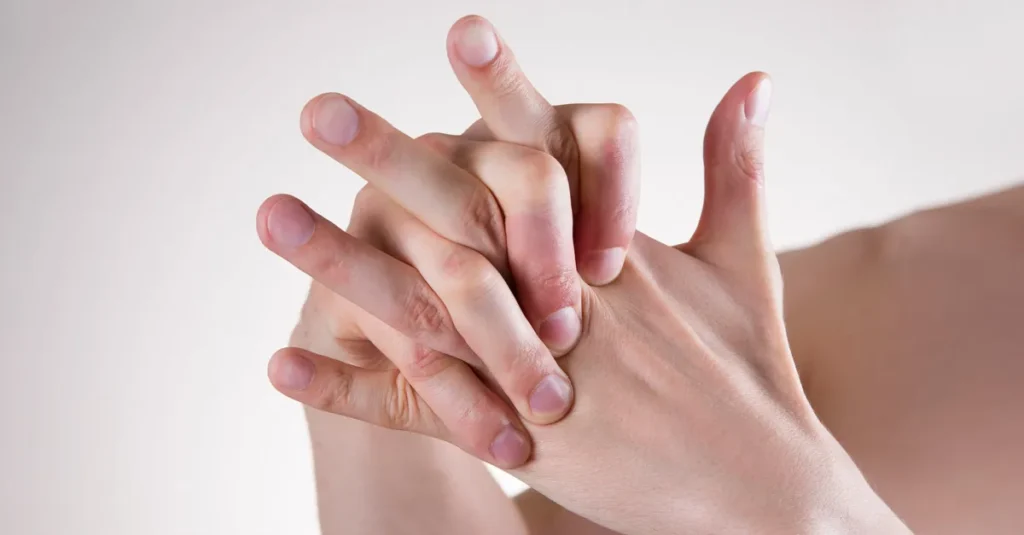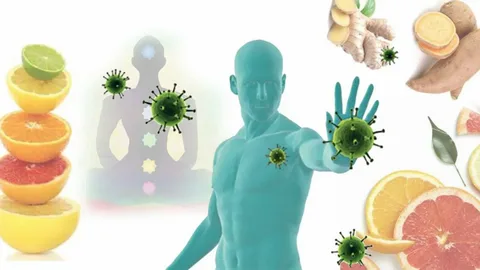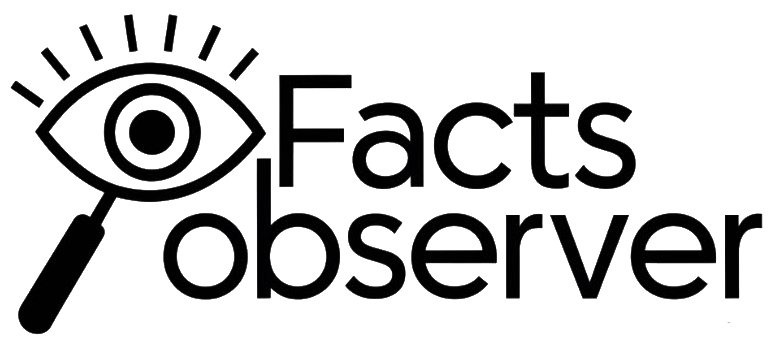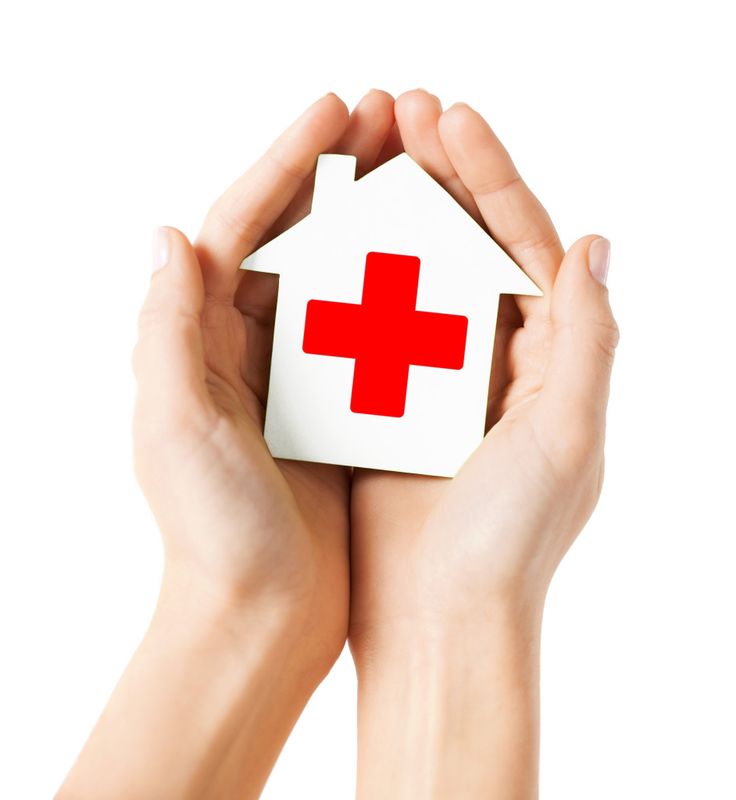Health myths and misconceptions are prevalent in today’s society, often leading to confusion and misinformation about well-being. These myths can stem from old wives’ tales, misinterpretations of scientific studies, or simply the spread of false information through social media and word of mouth. Understanding the truth behind these myths is crucial for making informed decisions about health. This article aims to debunk some of the most common health myths and provide you with accurate information to navigate your health journey effectively.
1: Eating after 8 PM will make you gain weight
Truth: The timing of your meals does not directly contribute to weight gain. What truly matters is the total number of calories consumed throughout the day. Eating a well-balanced diet and maintaining portion control are key factors in managing weight, regardless of the time you eat. Research indicates that late-night eating does not inherently lead to weight gain; rather, it is the overall caloric intake and dietary choices that play a significant role in weight management.
2: Cracking your knuckles causes arthritis

Truth: Contrary to popular belief, cracking your knuckles does not lead to arthritis. The sound you hear is due to the release of gas bubbles in the joint fluid, and it does not cause any long-term damage. Studies have shown no significant association between knuckle cracking and arthritis. However, excessive knuckle cracking may lead to reduced grip strength or swelling in some cases, but it is not harmful in moderation.
3: Carbohydrates are bad for you and should be avoided

Truth: Carbohydrates are an essential macronutrient that provides energy to the body. The key lies in choosing the right types of carbohydrates. Opt for whole grains, fruits, vegetables, and legumes, which are rich in fiber, vitamins, and minerals. Avoid excessive consumption of refined carbohydrates like sugary snacks and white bread. A balanced diet that includes healthy carbohydrates can support overall health and well-being.
4: You can ‘boost’ your immune system with supplements

Truth: While a balanced diet and a healthy lifestyle can support a strong immune system, there is no magic pill to instantly boost it. Supplements may be necessary for specific deficiencies, but a well-rounded diet consisting of fruits, vegetables, lean proteins, and whole grains generally provides the necessary nutrients for a healthy immune system. Moreover, good sleep and stress management are crucial for maintaining immune health.
5: If you’re not sweating, you’re not working out hard enough

Truth: Sweating is not a reliable indicator of a successful workout. People have different sweat rates, influenced by factors like genetics, environment, and fitness levels. Focus on other signs of progress, such as increased heart rate, improved endurance, and muscle fatigue, rather than solely relying on sweat as a measure of workout intensity.
6: You lose most of your body heat through your head

Truth: While it’s essential to keep your head warm in cold weather, the notion that you lose most body heat through your head is a myth. Heat loss occurs proportionally across different body parts, depending on their exposure. Therefore, it’s crucial to dress appropriately and keep your entire body protected in chilly conditions.
7: Drinking a minimum of 8 cups of water per day is necessary for health
Truth: The human body has a remarkable ability to adapt to both internal and external environments. While it is essential to stay hydrated, there is no universal guideline for how much plain water one must drink daily. Many foods and beverages contribute to overall hydration. The National Academies of Sciences suggests that women should aim for 2.7 liters and men for 3.7 liters of “total water” daily, which includes all sources of hydration.
8: Cold weather causes colds and flu
Truth: While viruses are the primary culprits behind colds and flu, exposure to cold air does not directly cause these illnesses. The seasonality of certain viruses, like influenza, is more significant, as people tend to spend more time indoors during colder months, facilitating the spread of germs. Thus, it is the exposure to viruses that leads to illness, not the cold weather itself.
9: Antiperspirants and deodorants cause breast cancer
Truth: Some people believe that the chemicals found in antiperspirants and deodorants can be absorbed through the underarms and lead to breast cancer. However, the National Cancer Institute states that there is no evidence connecting either product with breast cancer. It is essential to prioritize personal hygiene and comfort without fear of these products posing a significant health risk.
10: Eating eggs increases the risk of heart disease
Truth: Eating an egg or two a day does not raise the risk of heart disease in healthy individuals. While egg yolks contain cholesterol, recent research indicates that dietary cholesterol has a minimal impact on blood cholesterol levels for most people. Eggs are a good source of essential nutrients, including protein and omega-3 fatty acids, which may even lower the risk of heart disease.
11: Skipping breakfast is bad for your metabolism
Truth: The belief that skipping breakfast is detrimental to metabolism is not universally true. While breakfast can help some people manage hunger and prevent overeating later in the day, studies have shown that those who skip breakfast do not necessarily overeat at lunch or dinner. Individual dietary habits and preferences play a significant role in overall health.
12: Sugar causes hyperactivity in children
Truth: While sugar is not considered healthy, research has shown that it does not directly cause hyperactivity in children. The belief that sugar leads to behavioral issues may stem from parental expectations. When parents anticipate hyperactivity after sugary foods, they may be more likely to notice it when it occurs.
13: You should wait an hour after eating before swimming
Truth: The idea that you must wait an hour after eating before swimming is largely a myth. While it is true that digestion can divert blood flow away from the muscles, most people can swim safely after eating without any issues. Individual comfort levels may vary, but there is no scientific basis for the one-hour rule.
14: Natural remedies are always safe
Truth: Just because a remedy is labeled as “natural” does not mean it is safe or effective. Many natural substances can interact with medications or cause adverse effects. It is essential to consult with a healthcare professional before trying any new treatments, even those considered natural.
15: You can detox your body with special diets or cleanses
Truth: The human body is equipped with its own detoxification systems, primarily the liver, kidneys, and digestive system. There is no need for special diets or cleanses to “detox” the body. A balanced diet, rich in fruits, vegetables, and whole grains, supports these natural processes effectively.
Frequently Asked Questions (FAQs)
Q1. Is it safe to eat late at night?
A1. Yes, eating late at night is safe as long as you maintain a balanced diet and control your overall caloric intake. Focus on healthy choices and portion sizes.
Q2. Can I crack my knuckles without worrying about arthritis?
A2. Yes, cracking your knuckles does not cause arthritis. It is a harmless habit for most people, but if you experience pain or discomfort, consult a healthcare professional.
Q3. Are carbohydrates necessary for a healthy diet?
A3. Yes, carbohydrates are essential for providing energy to the body. Choose whole grains, fruits, and vegetables for healthier carbohydrate sources.
Q4. Do I need to take vitamin supplements to stay healthy?
A4. While some individuals may require supplements for specific deficiencies, a well-balanced diet typically provides the necessary nutrients for good health. Consult a healthcare professional for personalized advice.
Q5. Is it true that natural remedies are always better than pharmaceuticals?
A5. Not necessarily. While some natural remedies can be effective, they can also have side effects or interact with medications. Always consult a healthcare professional before trying new treatments.
Conclusion
Debunking health myths and separating facts from fiction is vital for promoting better health outcomes. By understanding the truth behind these common misconceptions, you can adopt healthier habits and avoid unnecessary anxieties. Always consult reliable sources, healthcare professionals, or registered dietitians to ensure you have accurate information about your health. Stay curious, question myths, and embrace evidence-based knowledge on your journey towards a healthier life.







